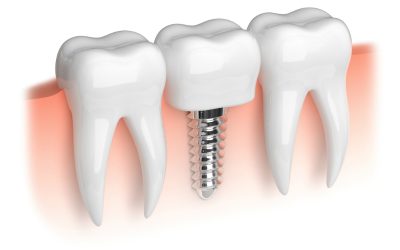Typically, a dentist places an onlay when he or she needs to remove an old filling. It is designed to fit over the top edges of a tooth. An inlay, by comparison, fits inside the top edges of a tooth, also called the cusps.
When an Onlay Is Recommended
Someone who is considered a good candidate for a dental onlay has too much decay or damage to warrant a filling usually. However, the remaining tooth is substantial enough to avoid the need for a crown. As a result, the dentist can preserve more of the tooth by placing an onlay.
Both Inlays and Onlays Strengthen Teeth
Besides preserving the tooth, a dental onlay also strengthens a tooth. According to reports, teeth are enhanced by as much as 75% when inlays or onlays are used. Compare this to metal fillings, which reduce a tooth’s strength by half.
How an Onlay Is Placed
An onlay prolongs a tooth’s life and therefore prevents the need for additional dental treatment. When a dentist uses one for replacing an old filling, they remove the filling and make an impression of the tooth. The impression is sent to a dental lab so the onlay can be made.
Onlay Materials
Onlays are made of porcelain, gold, or a composite resin. The dentist cements the onlay into place after it is returned from the lab. The color of the restoration blends nicely with the adjacent teeth, which offers a uniform and natural look.
How Long Does the Process Take?
Usually, it takes two appointments to have an onlay made and placed. In the interim, the dentist creates a temporary restoration of the tooth until the time they can insert the onlay. You can find out more about the process by visiting such sites as online. This conservative treatment approach can save you regarding future dental costs and treatments. You can pay a visit to Facebook page for more information.



